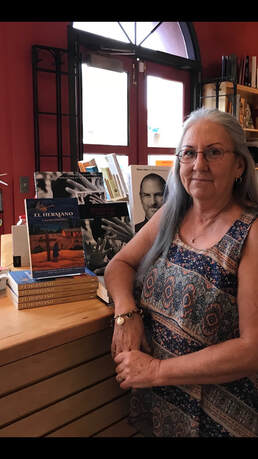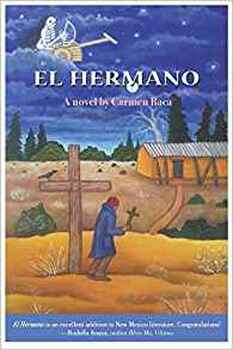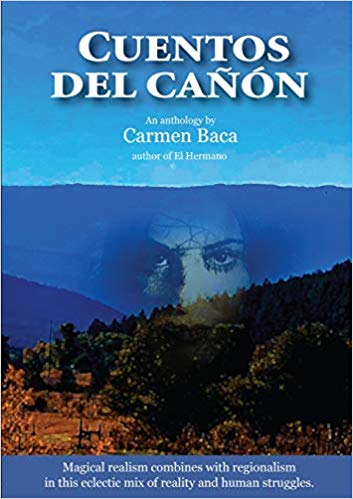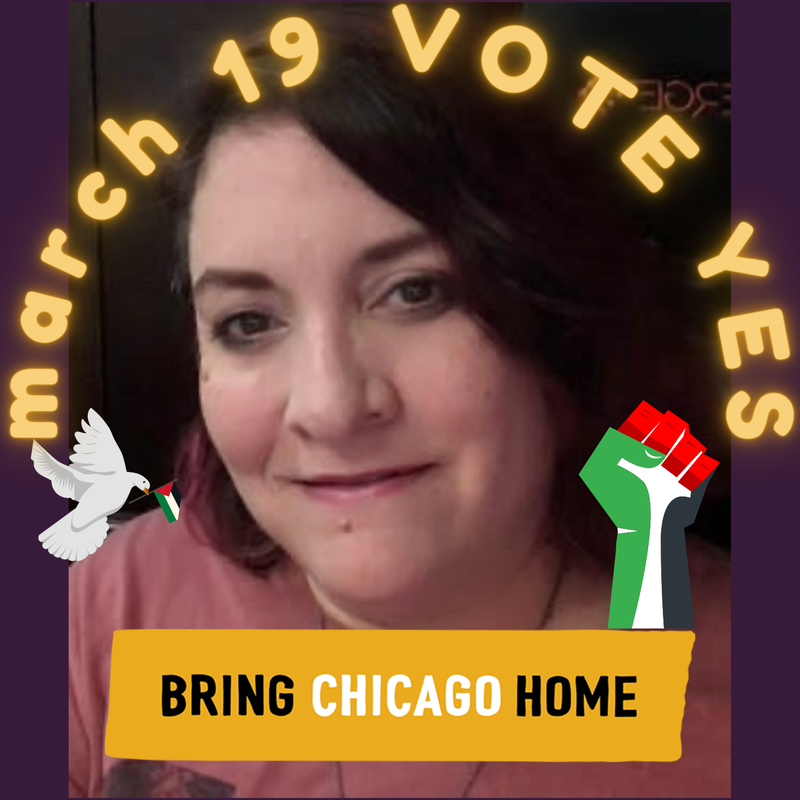 Author Carmen Baca Author Carmen Baca CARMEN, IT’S A REAL HONOR TO HAVE YOU HERE. NOW, I KNOW YOU ARE A RETIRED SCHOOL TEACHER, AN AVID CAT RESCUER, AND THAT YOU LIVE IN NEW MEXICO. TELL MY READERS MORE ABOUT YOU. I’m a hermit, a homebody, a wife, mother, and grandmother. I’m an introvert and enjoy being interviewed on paper rather than in person. I enjoy performing community service and acting as secretary for my retired educators’ association. I am the last surviving Verónica of the rural community where I live and where I write about most often. WHAT IS A VERONICA? Las Verónicas were one of the women’s groups that assisted Los Hermanos, especially during Holy Week. I AM ALWAYS IMPRESSED BY YOUR USE OF CULTURE AND FOLKLORE IN YOU WORK. WHAT IS YOUR OWN FAVORITE STORY THAT SPEAKS TO YOUR TRADITIONS? My first book is my favorite since it took 25 years from the writing of it to the publication. That’s the book I wanted to publish because I knew it would be unique. The traditions of los Hermanos y las Verónicas played an important part of my life for so long. Los Hermanos were our spiritual leaders, our first community service society; the female society operated in concert with the brothers. I became a Verónica at age 5. The rituals I was privileged to participate in for Lent—las estaciones (the Stations of the Cross) and the processions like La Procesíon de la Cruz (the procession of the cross where a brother carried the cross on his back with the rest of us following in prayer and singing hymns) and Las Tinieblas (the Earthquake ceremonies on Good Friday which lasted till midnight in raucous cacophony of sound and despair because that was the night Christ went to hell)—those are the types of traditions so many of my culture have allowed to die. I seek to preserve them in my works. WHEN DID YOU KNOW YOU WERE A WRITER? WHAT WAS YOUR FIRST STORY ABOUT? I wrote my first book in 1992 when I unlocked a wooden box which had held secrets throughout my formative years. The contents confirmed what I suspected about the practices of a private religious brotherhood of which my father was leader. So much has been published about the brotherhood that misinforms or sensationalizes their private rituals; I wanted to write about them from the perspective of someone who revered the brothers and what they stood for. After that book published, I honestly thought it was to be my “one hit wonder.” After a small book tour my first publisher arranged, I got that lightbulb moment of inspiration and immediately began my third book. That was when I knew I wanted to write until I no longer can. WHAT IS ONE OF THE MOST CHALLENGING WORKS YOU HAVE PUT TOGETHER? WHY? It would have to be El Hermano because I was careful to keep what they wanted secret a secret. I didn’t write that book to divulge what today’s brothers still keep from the public, so when I found the ledger with their rules dating back to 1850, I censored myself so as not to offend my forefathers or those brothers who would possibly hold that against me. I explain in my forward that I wrote that book as a tribute to my father and los Hermanos, not to disclose what is not ours to know about their brotherhood. I KNOW YOU HAVE LEARNED A LOT FROM STUDYING AND TEACHING LITERATURE ABOUT HOW TO CRAFT A GREAT STORY, BUT IS THERE SOMETHING YOU WOULD LIKE TO DO BETTER? I wish I could change my writing voice. No matter how I strive to write in a different voice, I revert back to my style. I’d like to get better at flash fiction and attempt drabbles. I’m too verbose and have to work hard to condense. I also want to experiment with more genres and POVs. IF YOU COULD MEET ONE AUTHOR, DEAD OR ALIVE, WHO WOULD IT BE? WHY? I’ve already met the two authors I admire most: Rudolfo Anaya and Jimmy Santiago Baca. I communicated through email with Sandra Cisneros and Esmeralda Santiago, so I’m content with having made those connections. These are authors whose works I taught in my classes, so I’ve admired their styles and identified with some of their stories for a long time. It blows me away that both Anaya and Baca’s endorsements are on the covers of El Hermano and that Santiago asked for a signed copy of my book. I LOVE IT WHEN WRITERS DO THAT, WHEN THEY GIVE AWAY SIGNED COPIES OF THEIR WORK. PLEASE, TELL US ABOUT YOUR UPCOMING PUBLICATIONS. My fifth book is one I’m proud of because it developed from one plot to three intertwining plots as I wrote it. I didn’t even know what genre it was till I asked in writing groups. It’s a short story cycle. My sixth is another short story collection divided into sections—ghosts, saints, demons, and sinners. Two of my short stories have already been accepted for anthologies publishing in 2020, so I’m hoping I can get more of those published between books. ONE LAST FANTASY QUESTION: DO YOU THINK WRITING CAN TRANSFORM THE WORLD? IF SO HOW? Books in general can transform those who read them, and the readers can change the world depending on the contents, the themes, or the morals learned. In the case of my books, I hope to keep my culture’s traditions, customs, dialect, etc. alive for future readers to learn about a simpler time, a more rustic way of life, an era when respect and responsibility governed la gente’s actions. WHERE CAN READERS FIND YOU ONLINE OR ON SOCIAL MEDIA? http://plu.us/cbacacreations This one stop link takes you to my website, my page on my publisher’s website, my Amazon & FB pages, my YouTube channel, email, Flipboard, and Twitter accounts. CARMEN, THANK YOU SO MUCH FOR TAKING TIME OUT OF YOUR DAY FOR MY READERS! I HOPE TO HAVE YOU BACK SOON. Thank you, hermana, for supporting my endeavors and for inviting me to do this interview. ---- Carmen Baca's works are available on Amazon.
1 Comment
What a wonderful interview. I have only recently come across Carmen Baca and her writing and I am impressed with her ability to write about her cultural traditions and bring them to life in such a vivid manner for an uninformed reader such as myself. Well done both of you, interviewer and interviewee!
Reply
Leave a Reply. |
Jesú Estrada
|


 RSS Feed
RSS Feed

